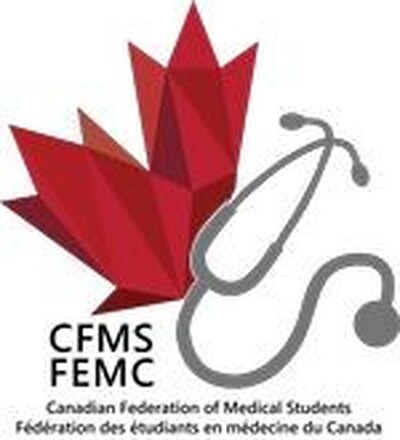There are a lot of perks to renting to members of the medical community. Typically, medical renters are more appreciative of great locations, are respectful of the space, and are likely to pay their rent on time without issue. That said, a landlord-tenant relationship is a two-way street, and if you want to have a great medical tenant - you need to be a great medical landlord!
1. Communicate early, effectively, and frequently
Before your tenant's official residency with you begins, it's important to communicate your values and expectations clearly. Feel free to do your due diligence with your tenants, but make sure that you're clear about why you're asking for information. Tenants understand that you are entrusting them with your major asset, but the respect needs to flow both ways. They're entrusting you with their housing stability for the term of their lease!
Set expectations for maintenance and management early - if you expect your tenants to cover their own utilities, handle their own garbage disposal, or maintain your property to a certain standard, let them know right away! It's important to be respectful and flexible, but communicate boundaries clearly. Maybe hanging small paintings is fine, but shelving units are not. If tenants bring their own items like glassware or dishes to a fully-furnished unit, ask if they'd appreciate your items being packed up and stored. Working together creates goodwill and establishes a precedent for great communication going forward.
Tip: Leave a note book for your current tenants to list tips and tricks of neighbourhood for the next tenant.

2. Visit the property regularly - but not always for business
In-person contact is something seriously lacking these days, and is more important than ever. Popping by to ask a tenant if anything can be fixed or improved establishes you as responsive, available, and a safe place to turn in the event of any issues. This, in turn, ensures that any damages or issues are brought to your attention promptly, and can be fixed before they worsen.
The human aspect of these visits are important too - pop by occasionally with a local product, news of an interesting event in the neighborhood, or a recommendation. Building a social connection - within limits - personalizes your tenant and you to each other.

3. Remember that your tenants are people - and customers
As much as renting doesn't feel like a typical transaction, remember that your tenants are, first and foremost, customers! If you're able to constantly be thinking about pain points, ways to better the tenants' experience, and how you would like to be treated, you'll be a more engaged, proactive and empathetic landlord. Because medical tenants work extremely long hours, it's important to understand the quirks of their lives in order to rent to them effectively.
This can be as simple as sharing options for meal delivery, texting reminders about winter care for long stays outside the unit, or reaching out to see if they need any essentials. Try to remember the rule: if you wouldn't want to live there, update until you would. This mindset creates a great base for a flourishing landlord-tenant relationship.

We hope you find this helpful, and that you consider renting to one of our incredible MedsHousing tenants! Check out the Want Ads section of our page to see if anyone is already looking to rent from you!
Ask always, stay well, stay warm, and with lots of love -



